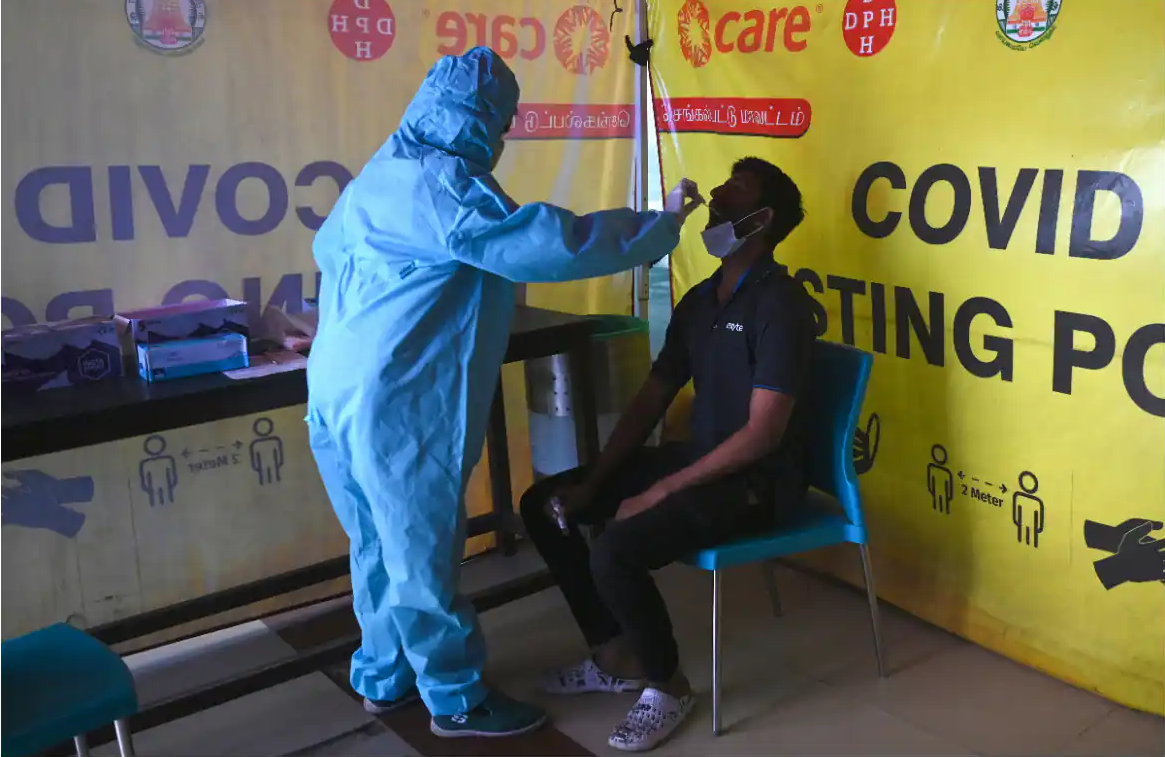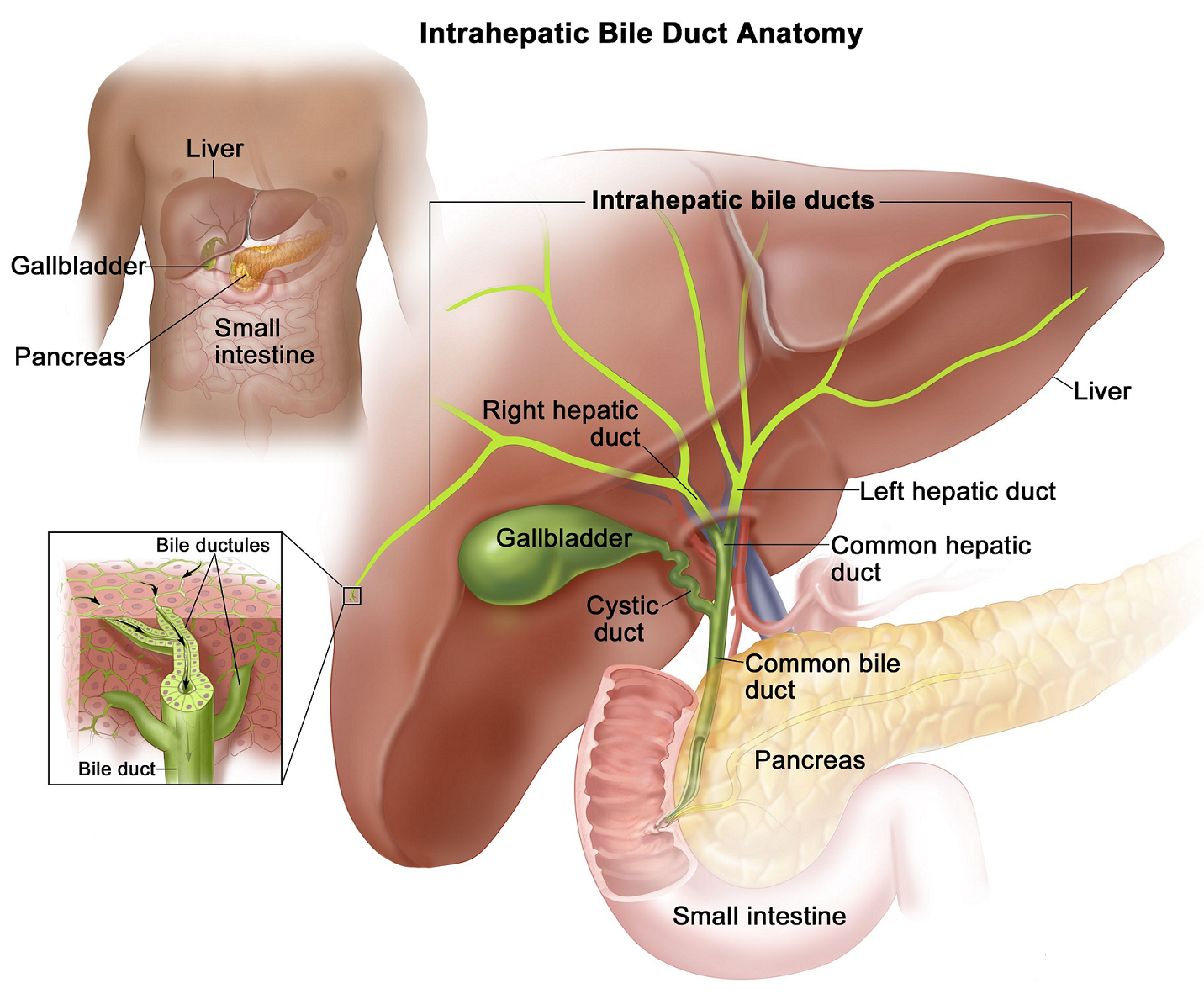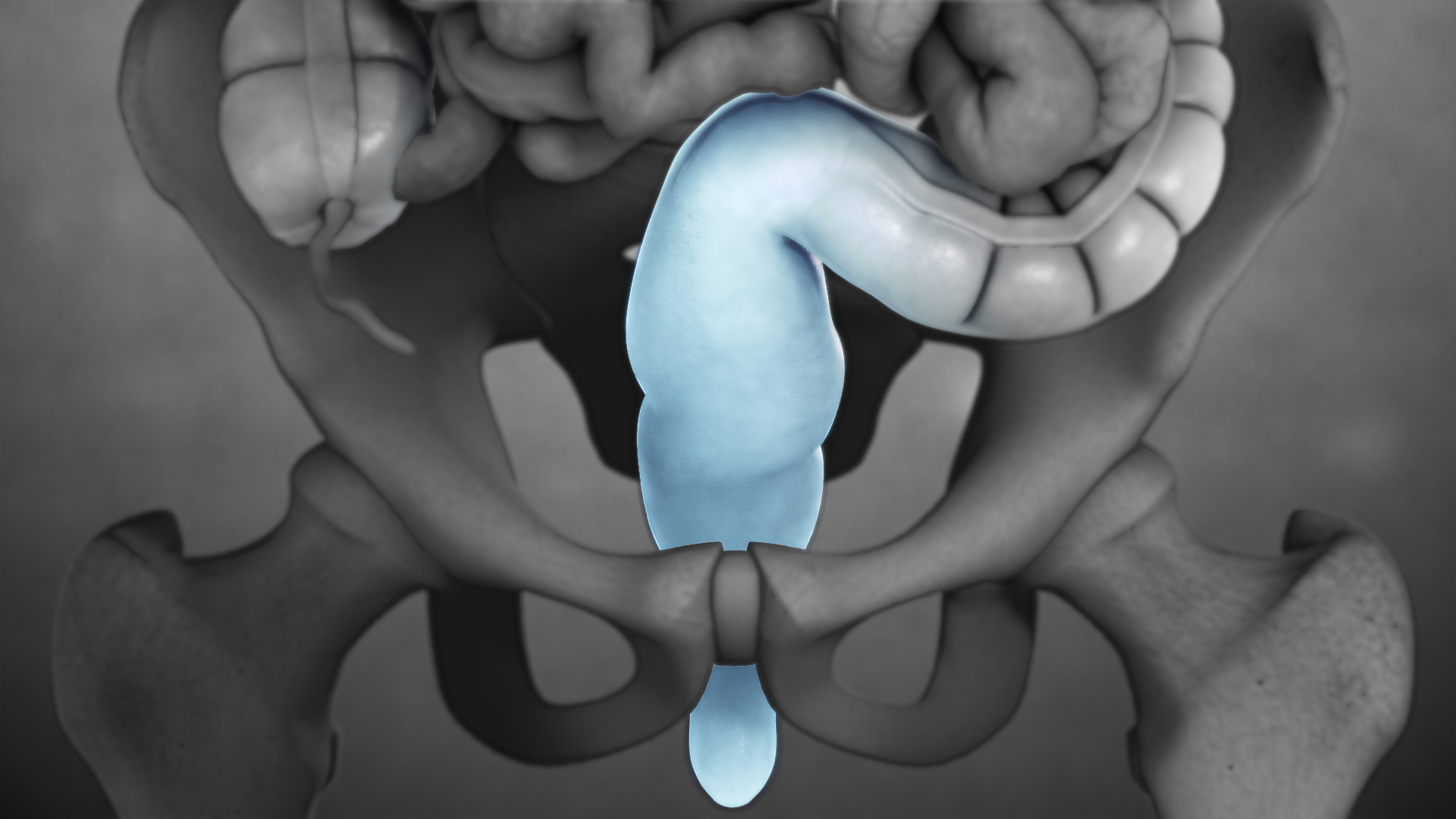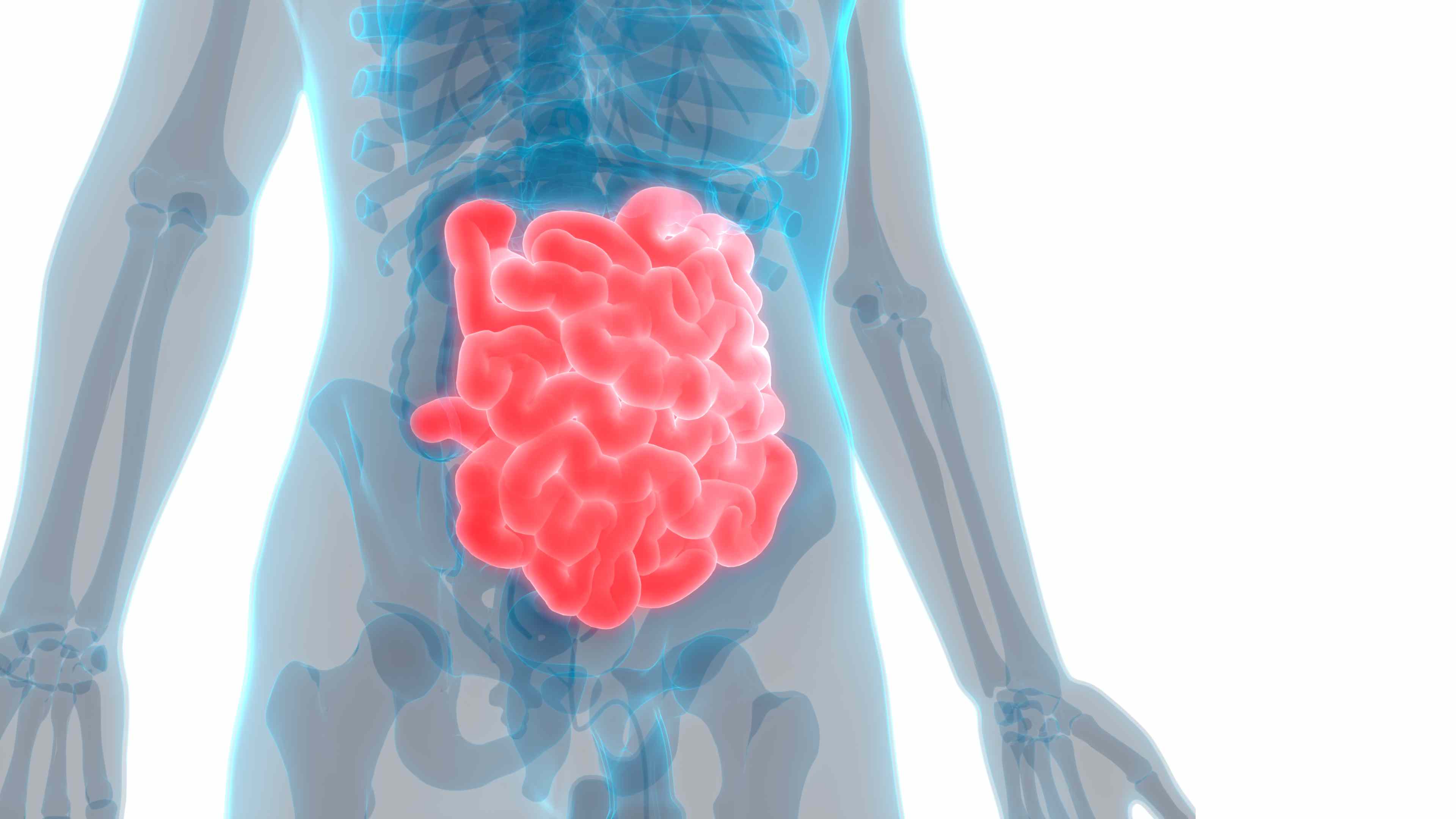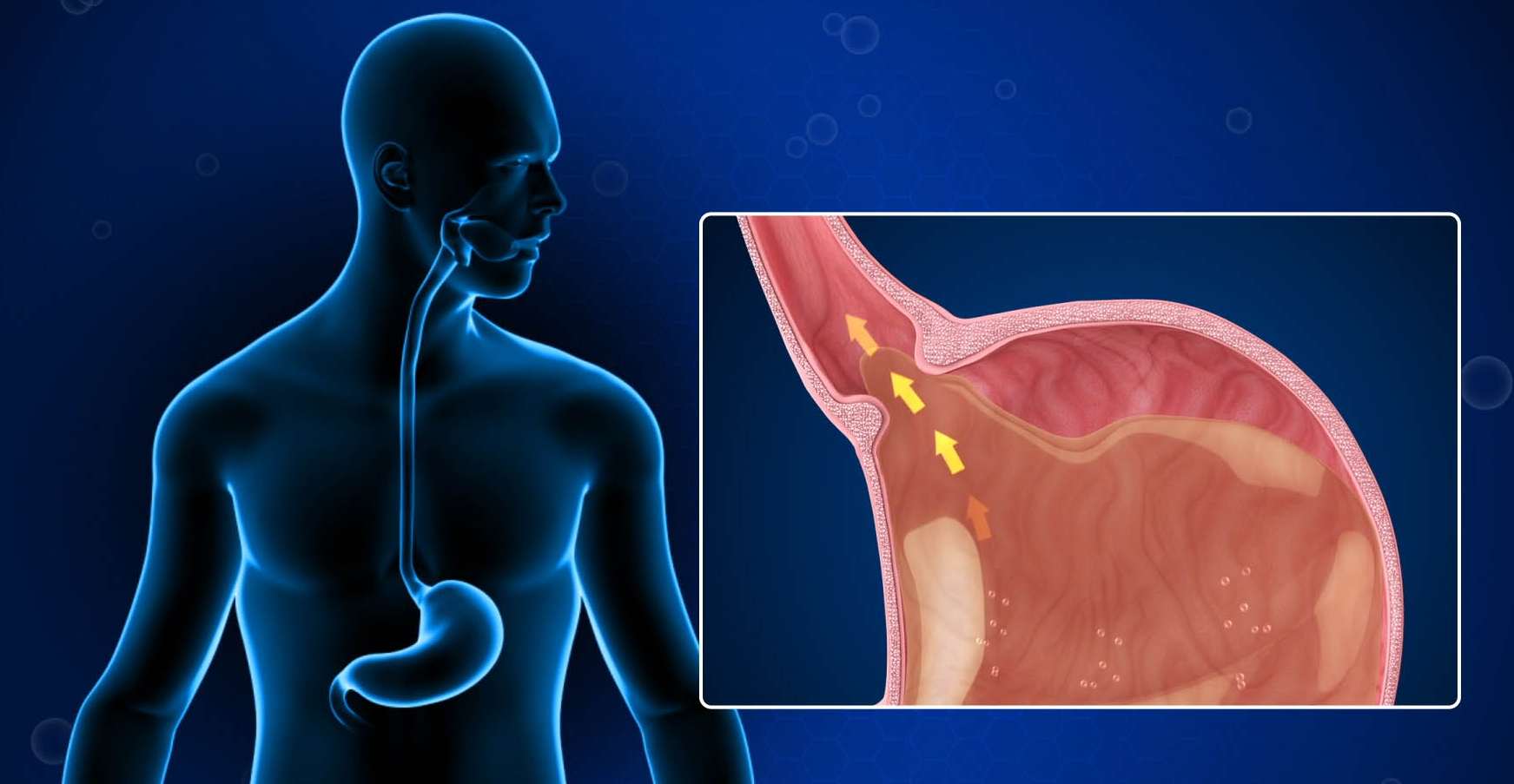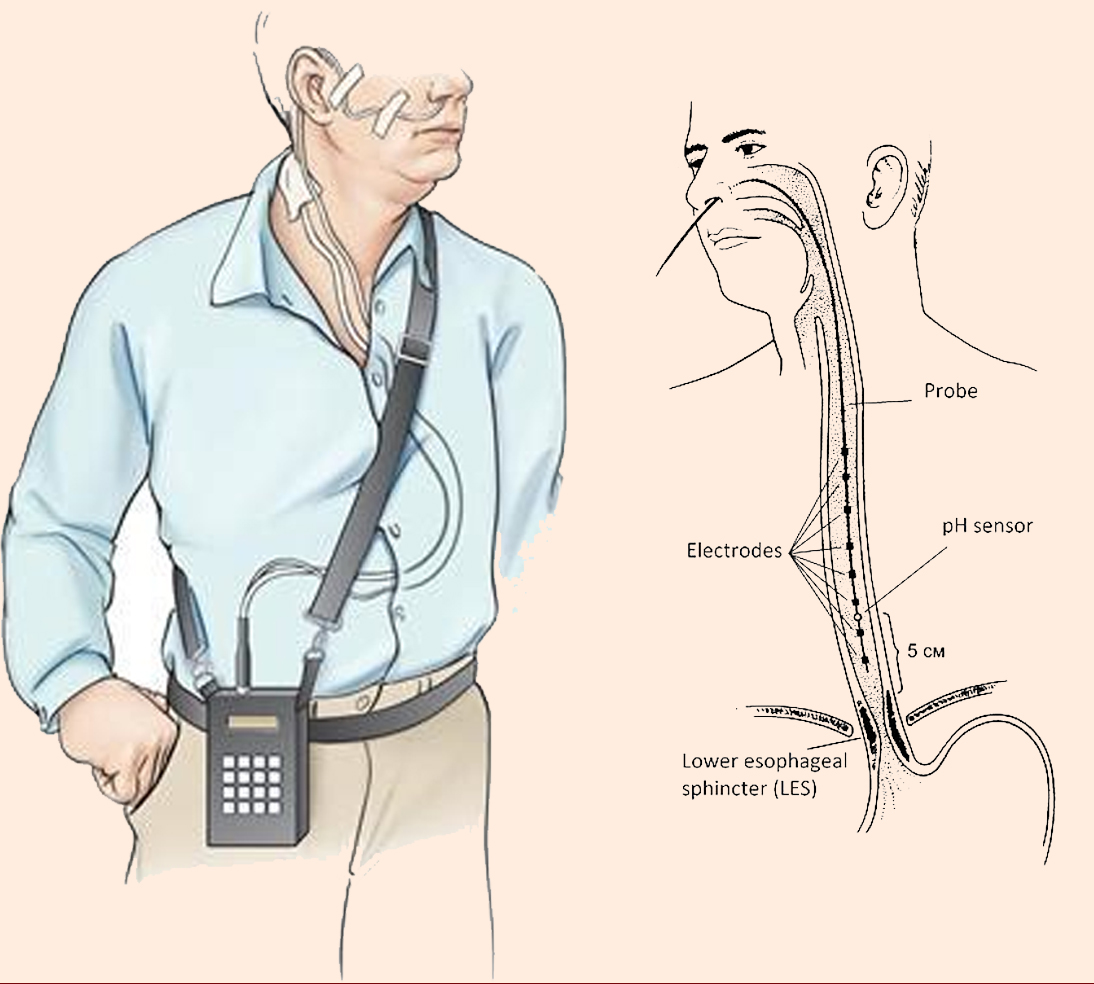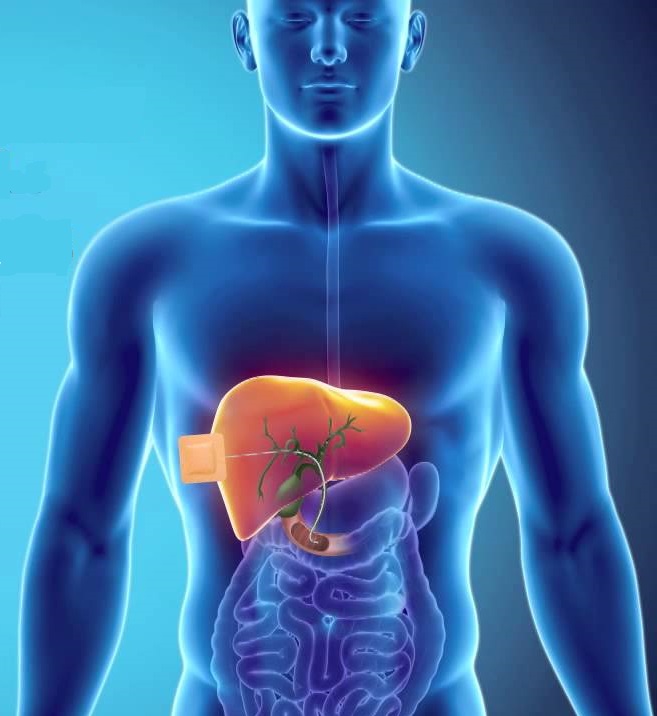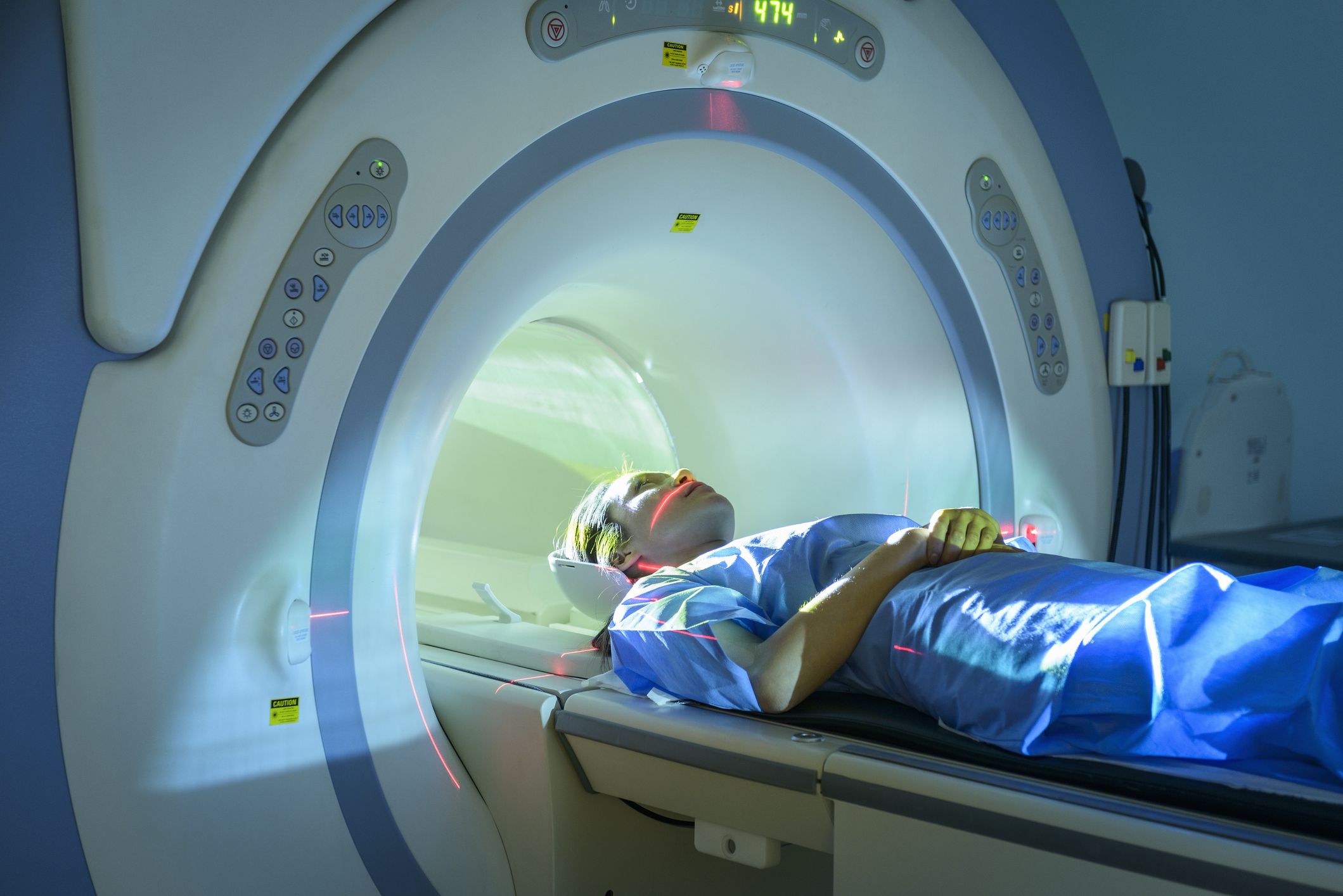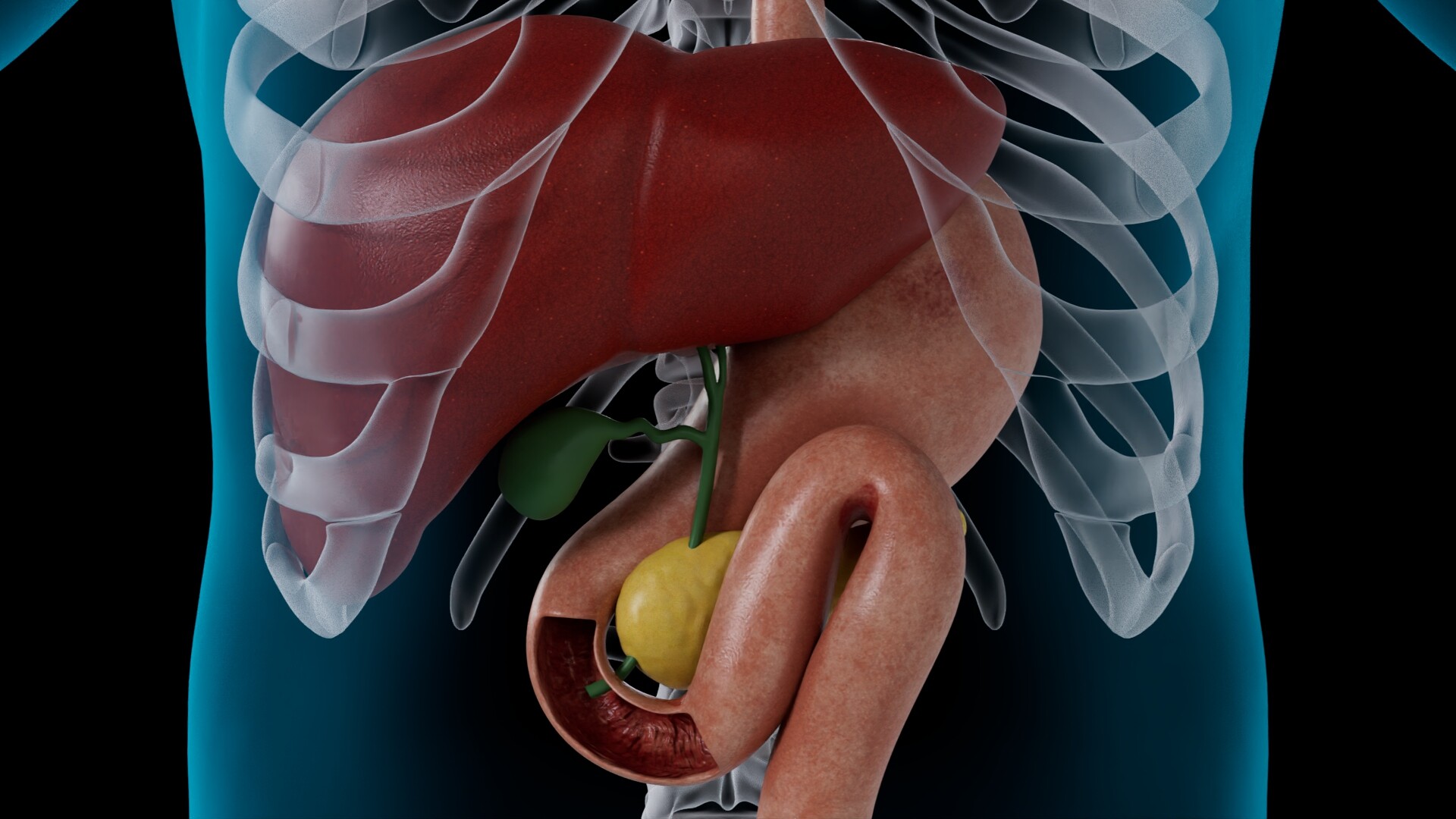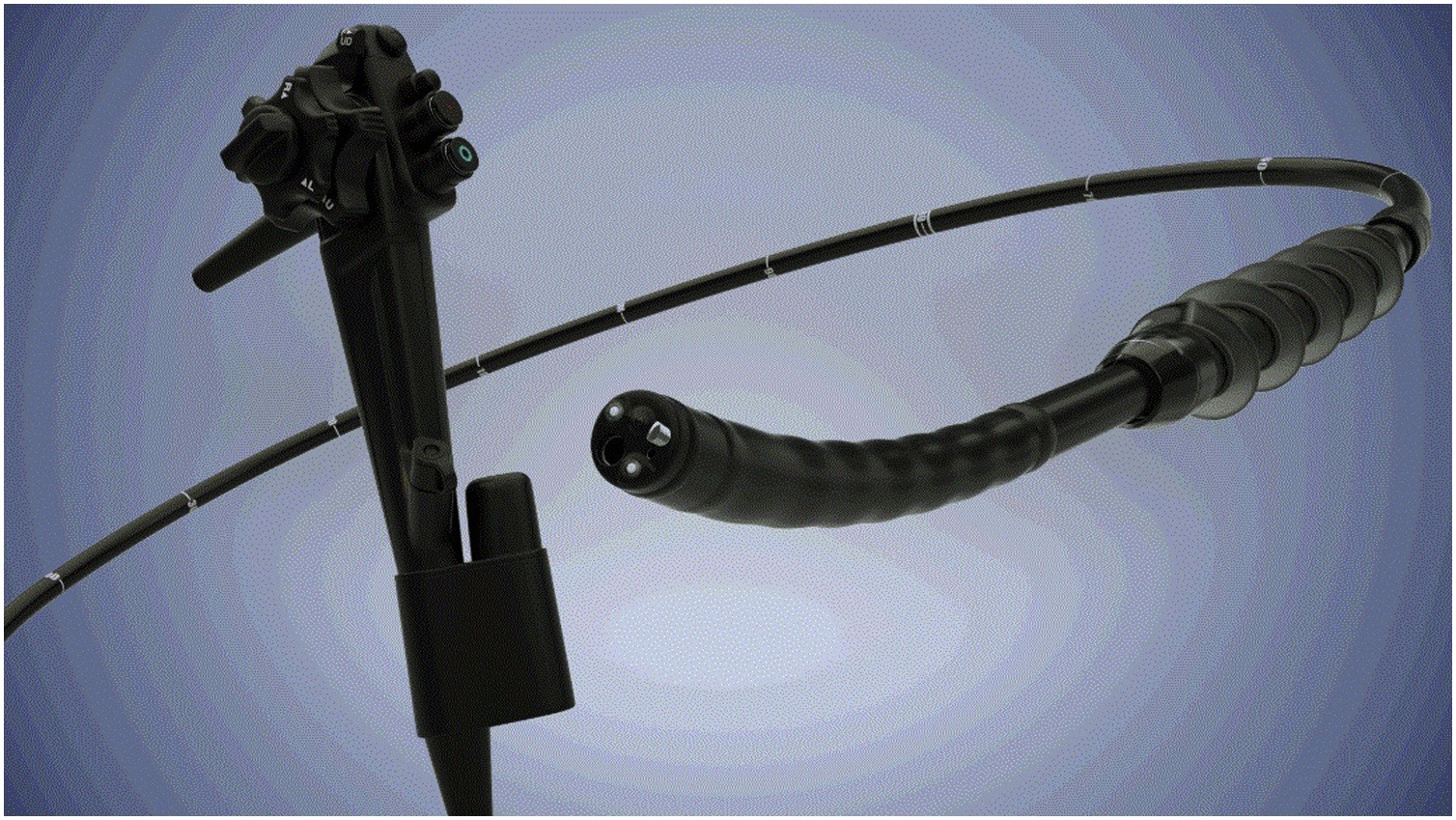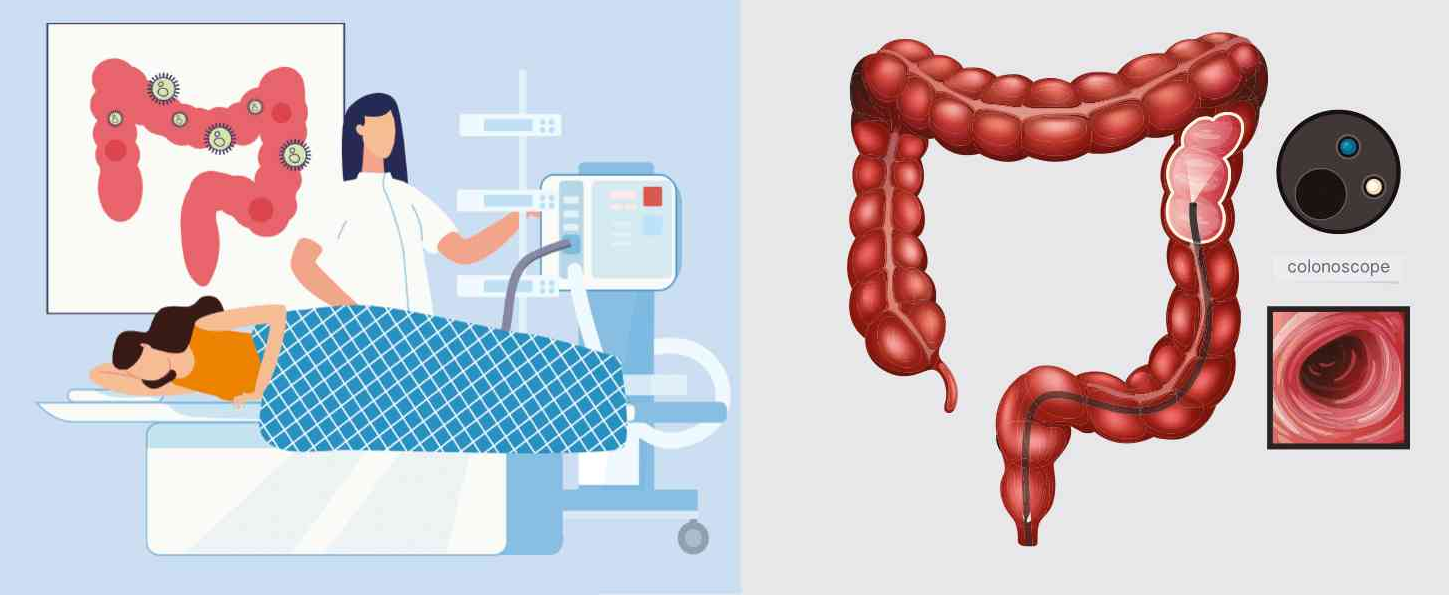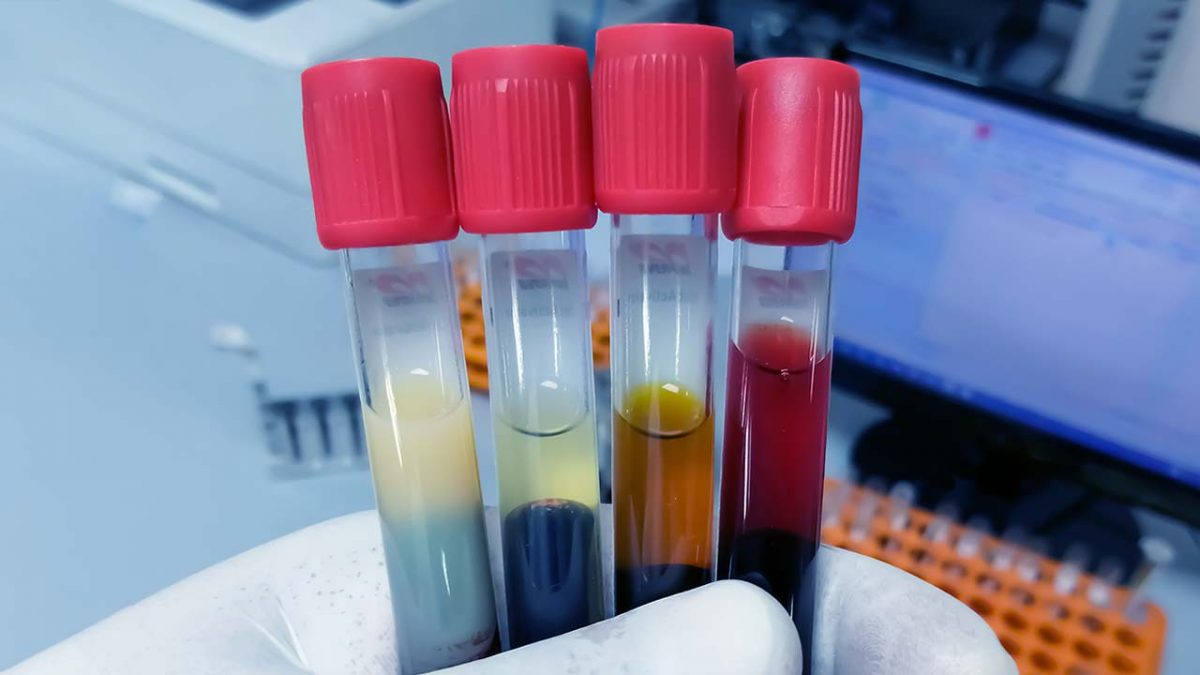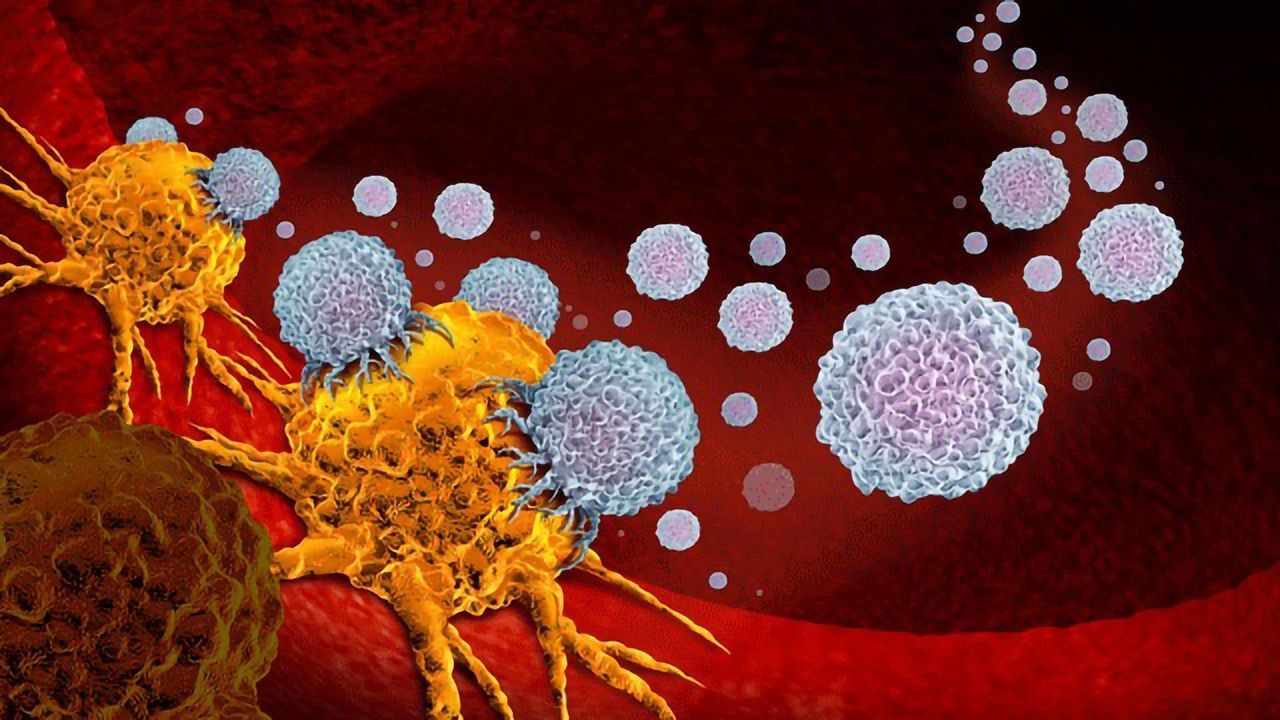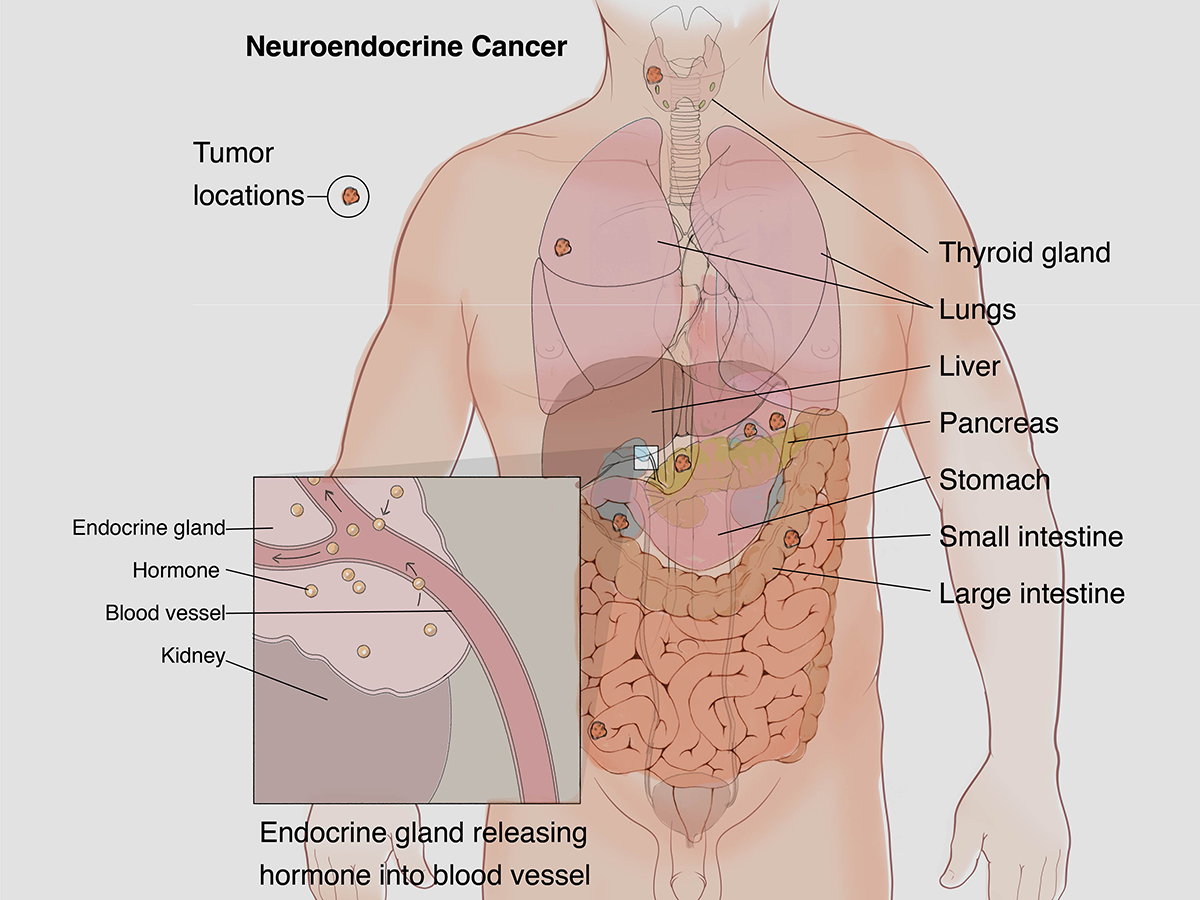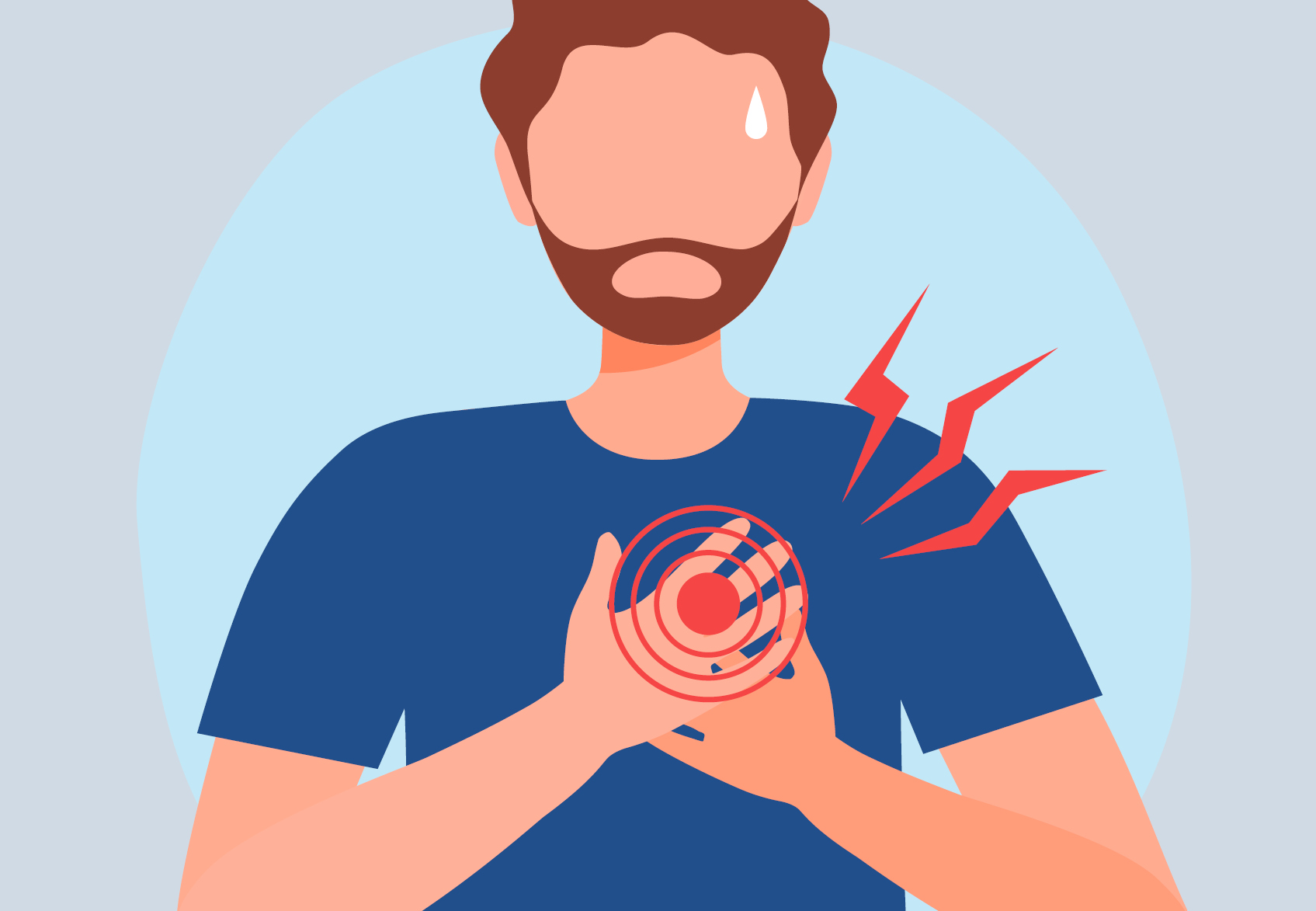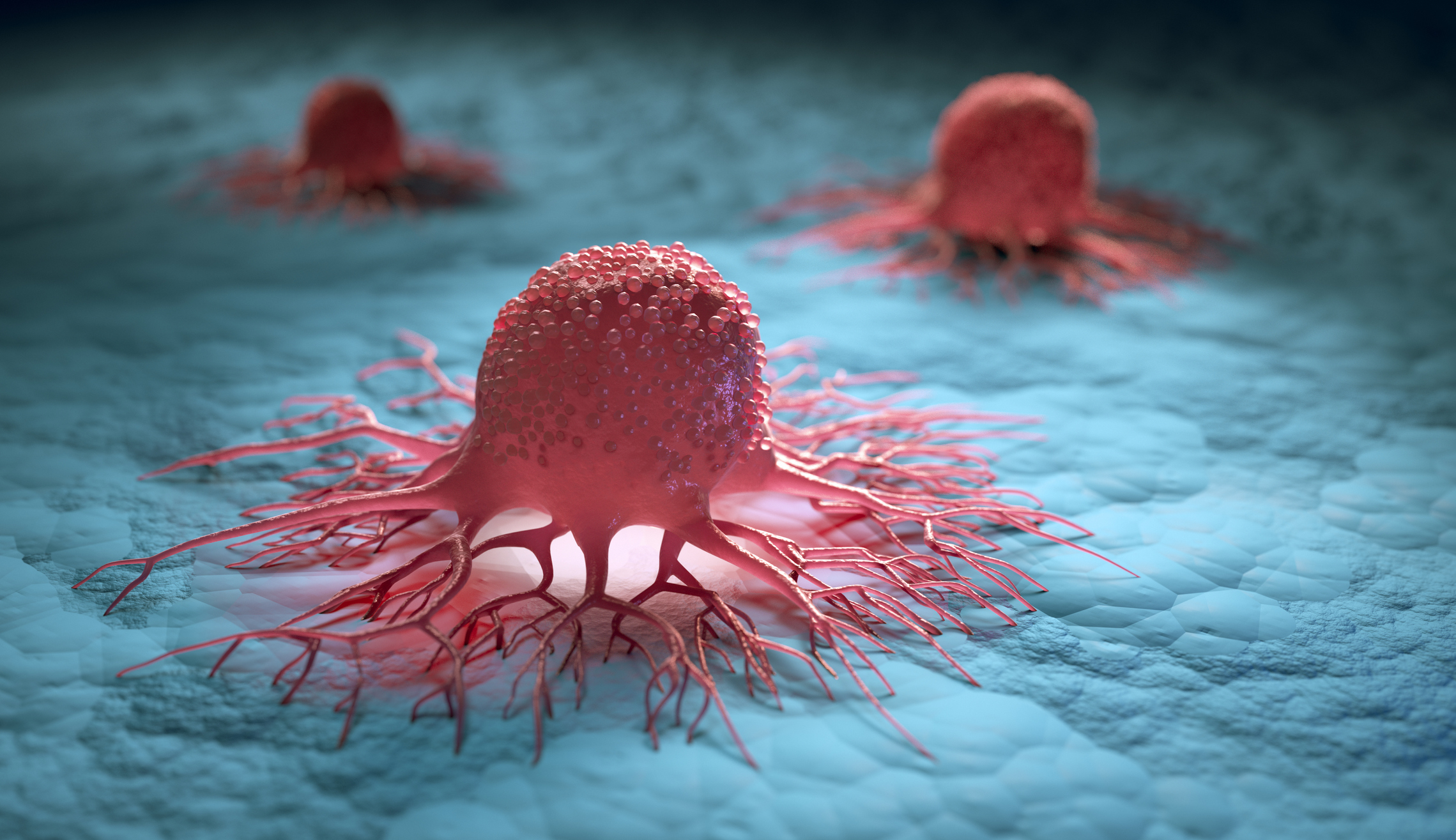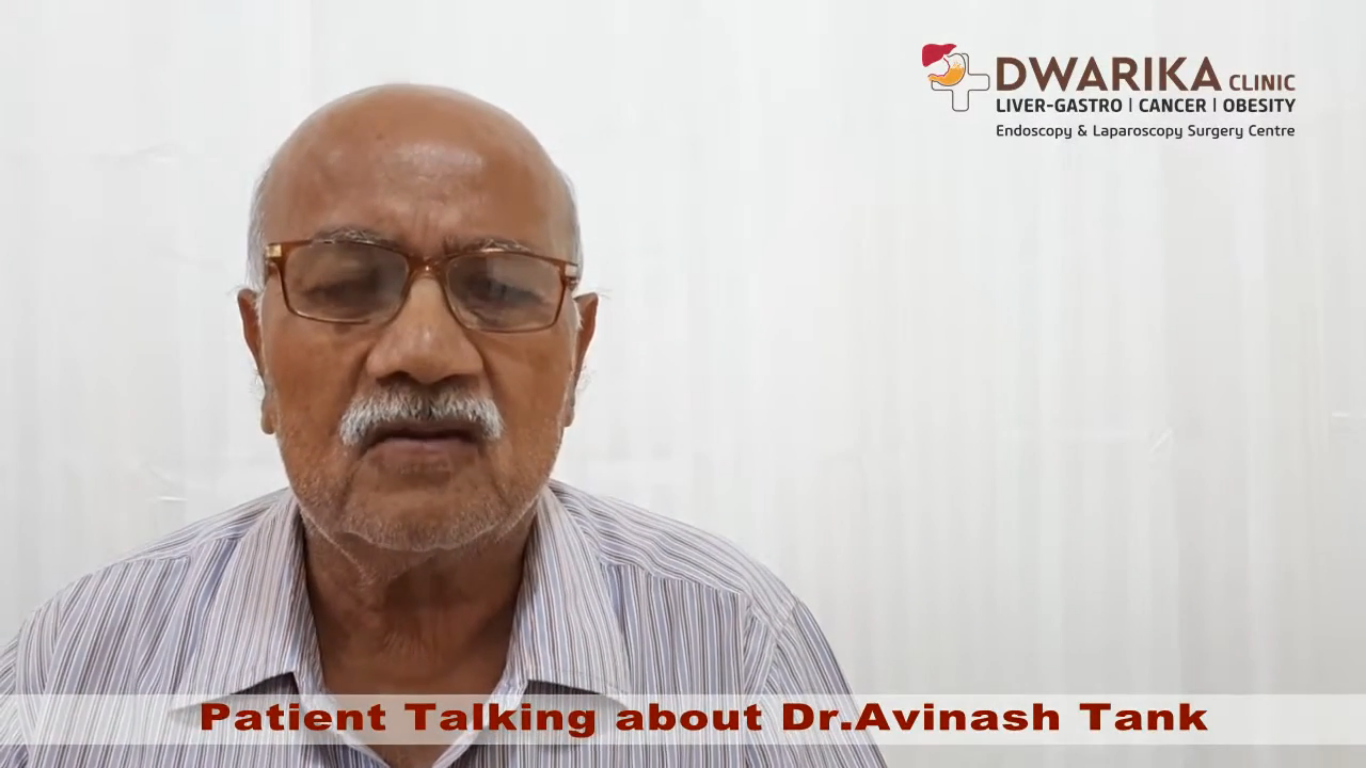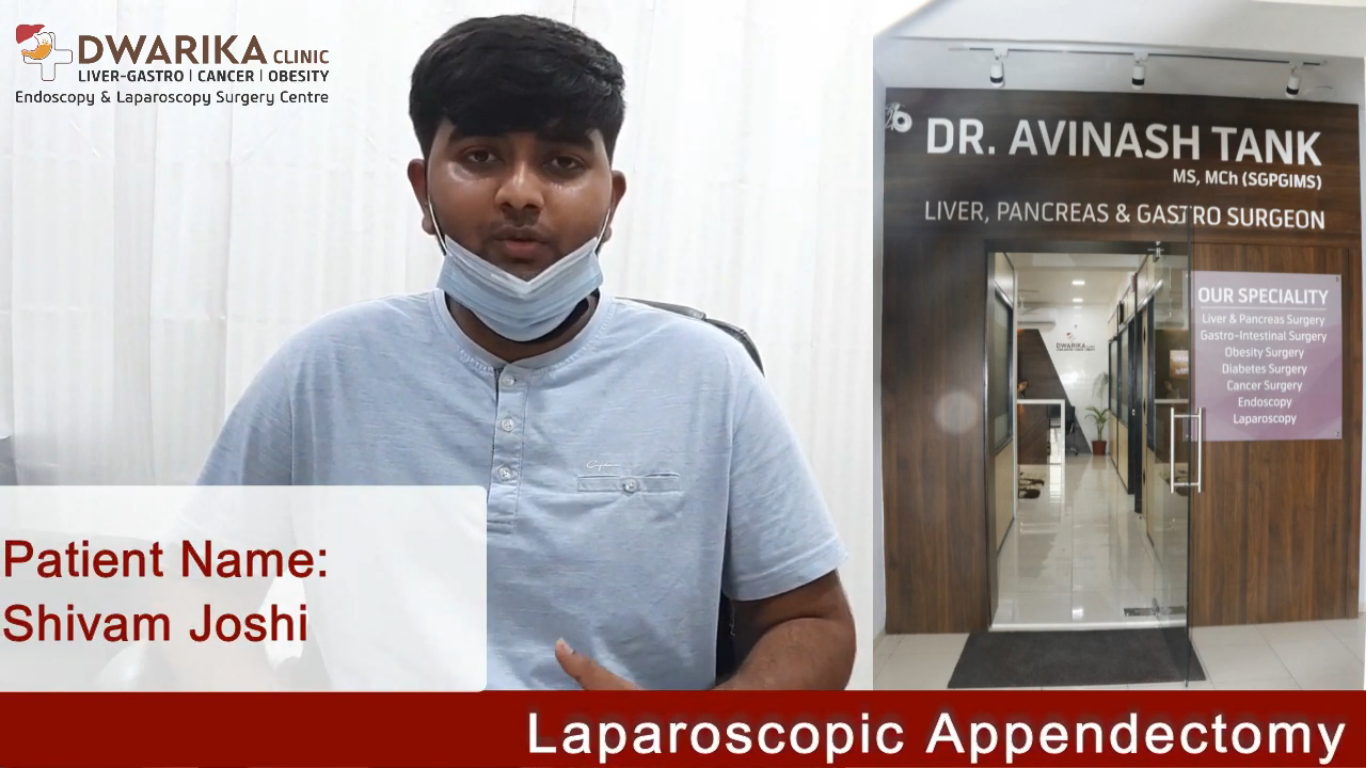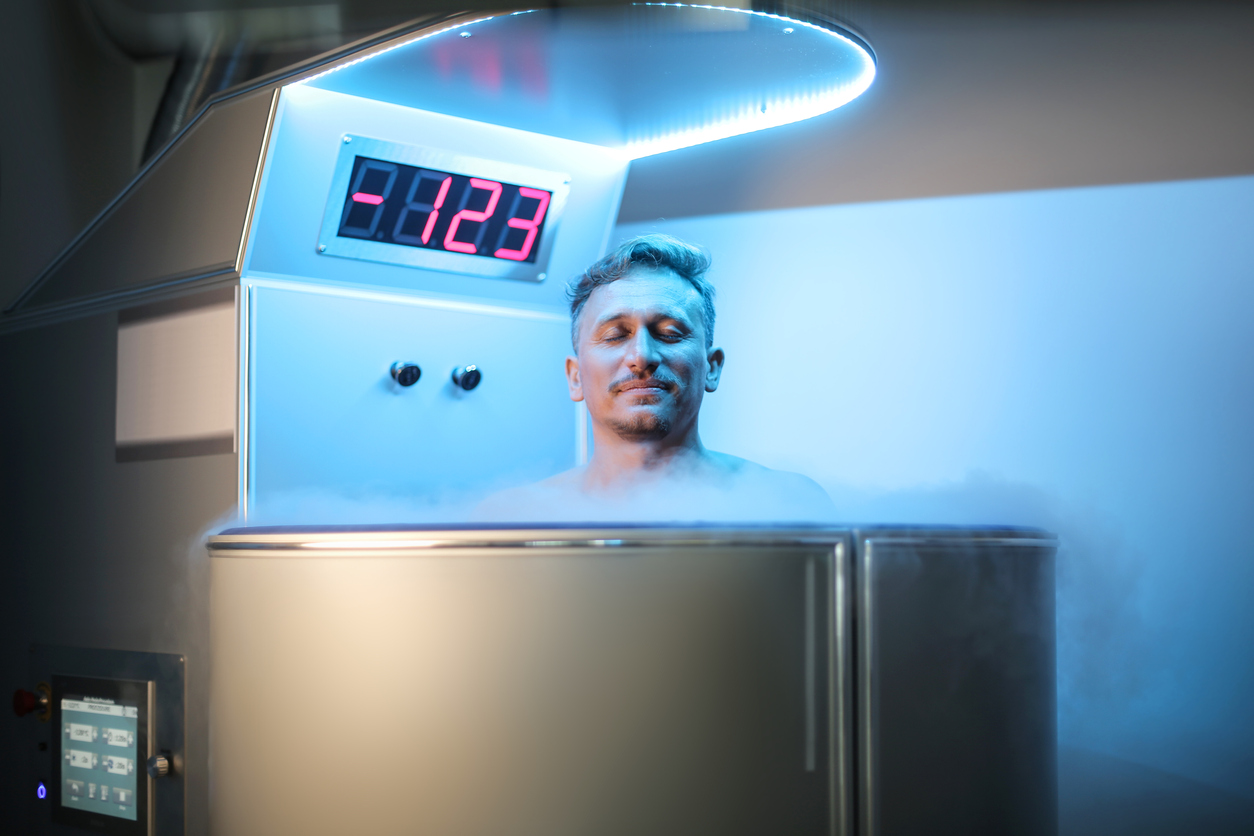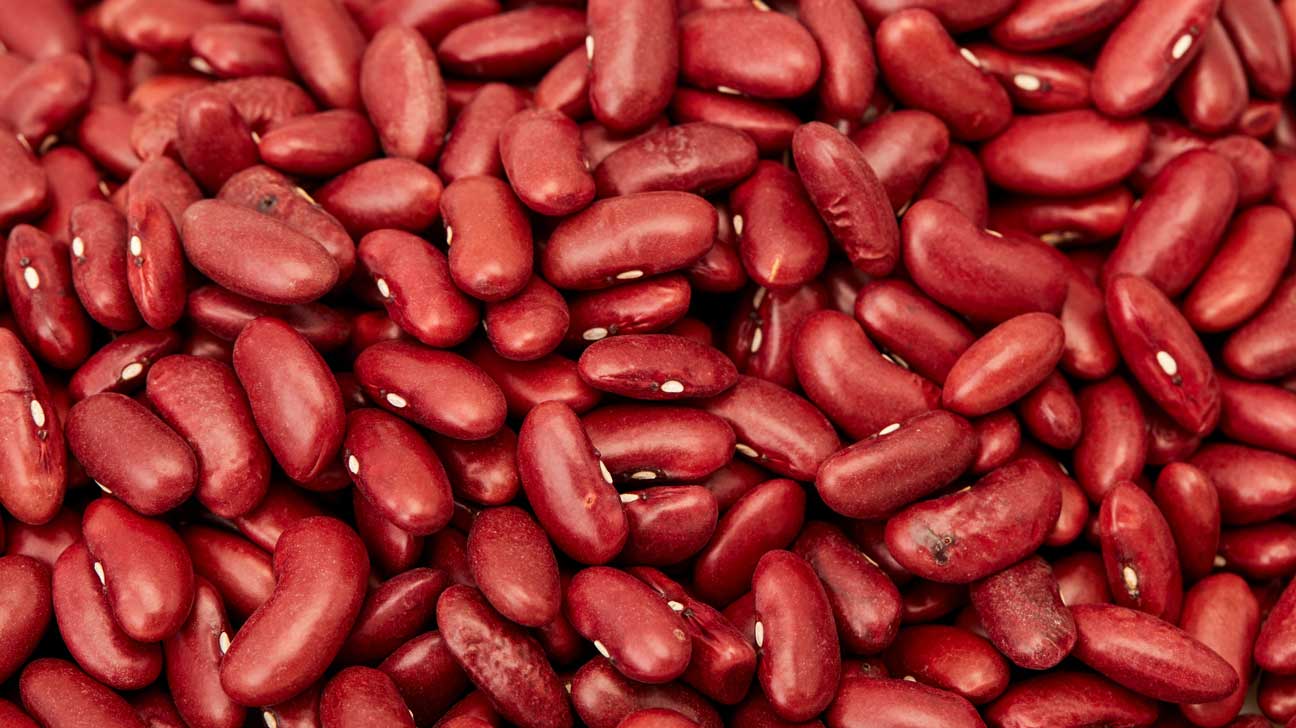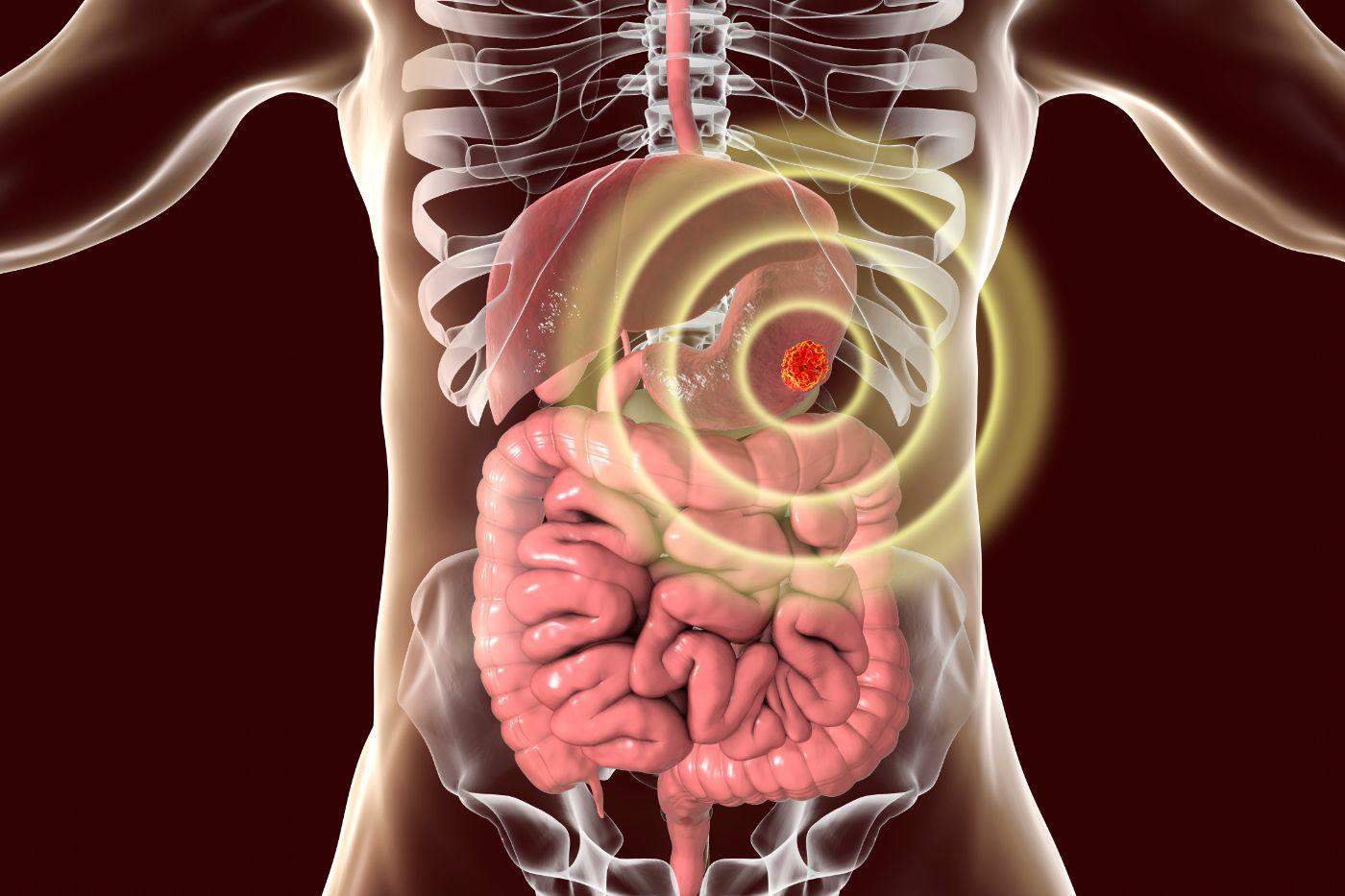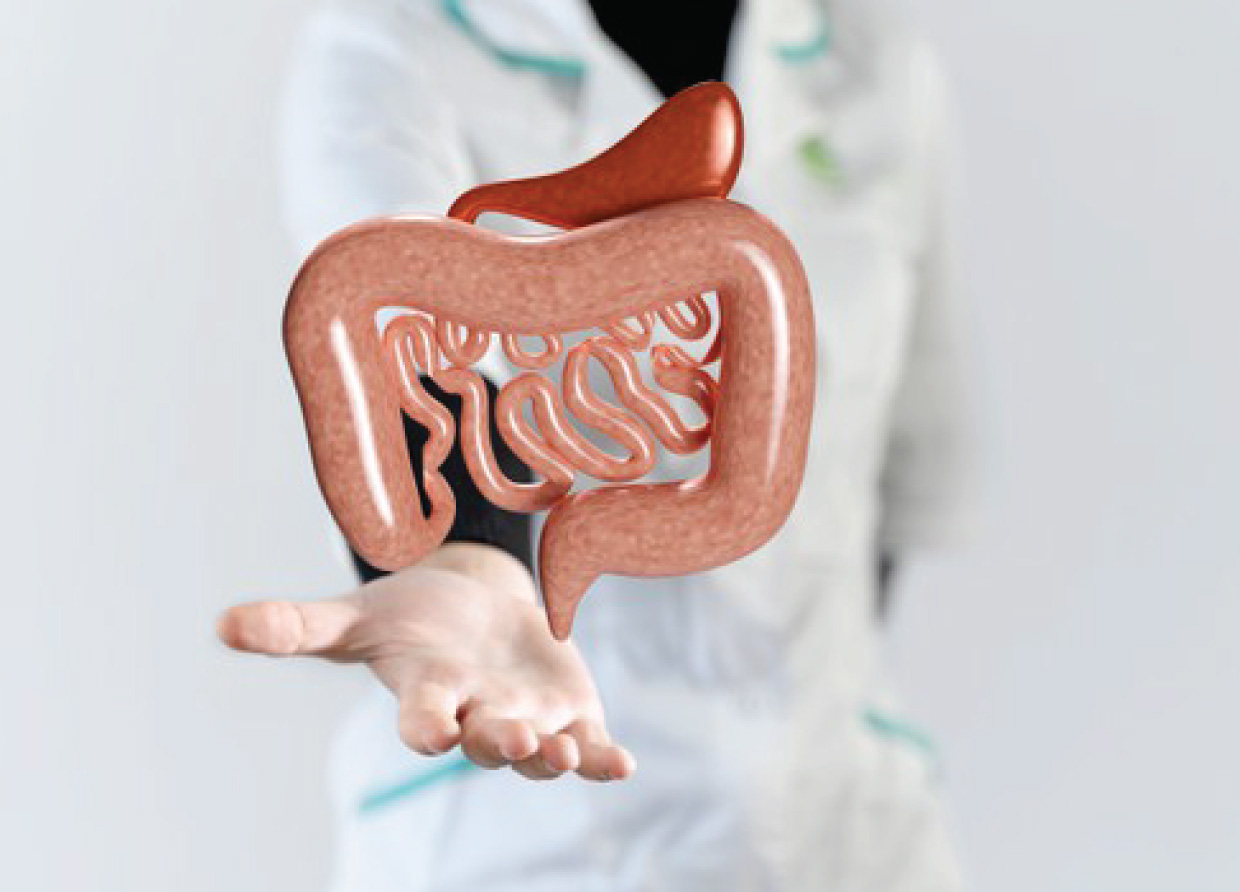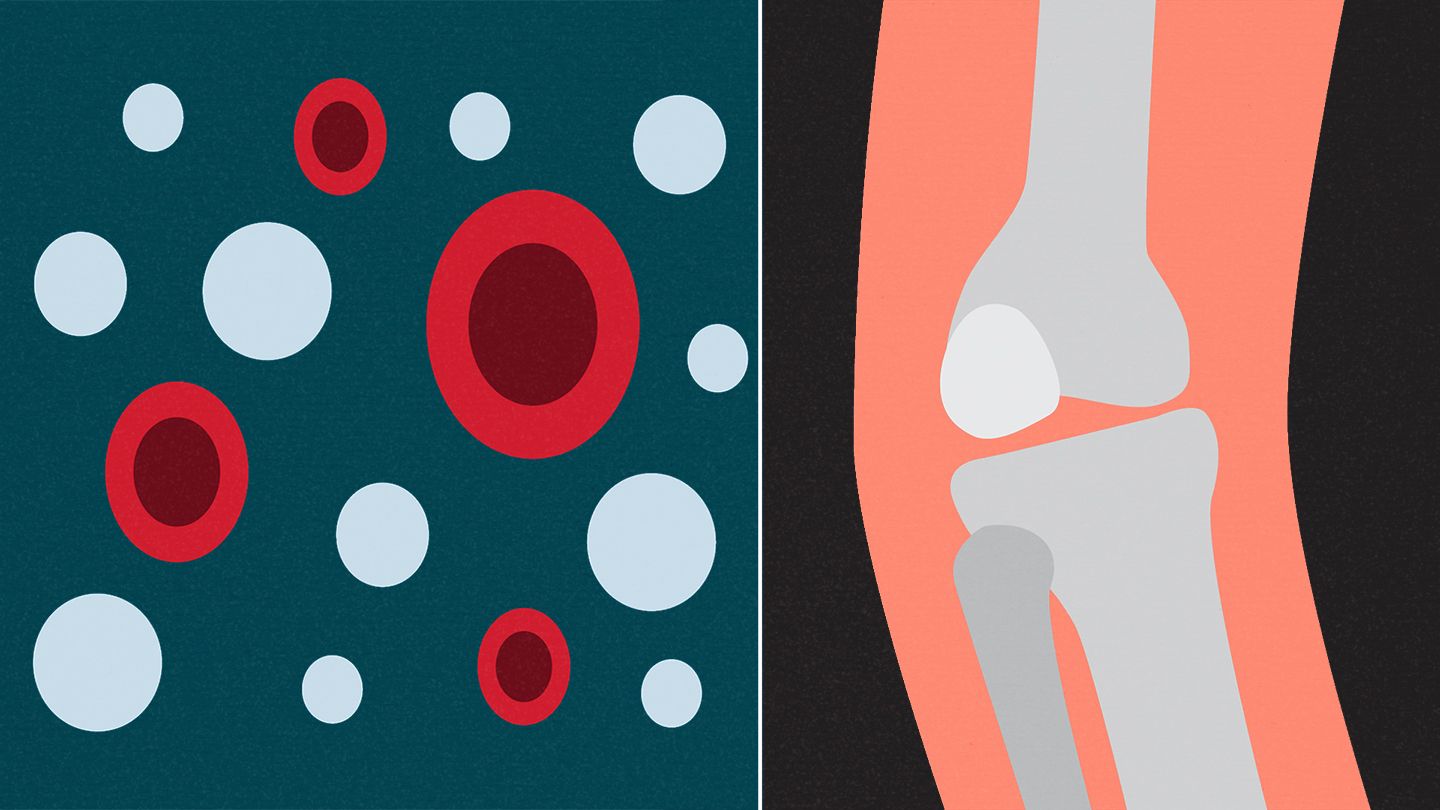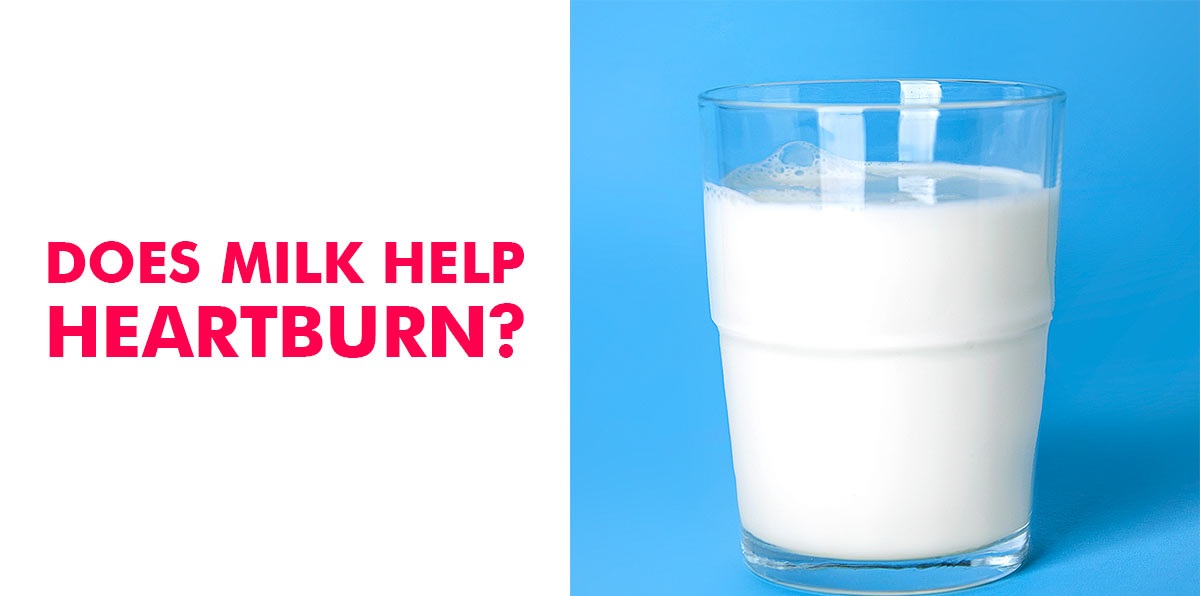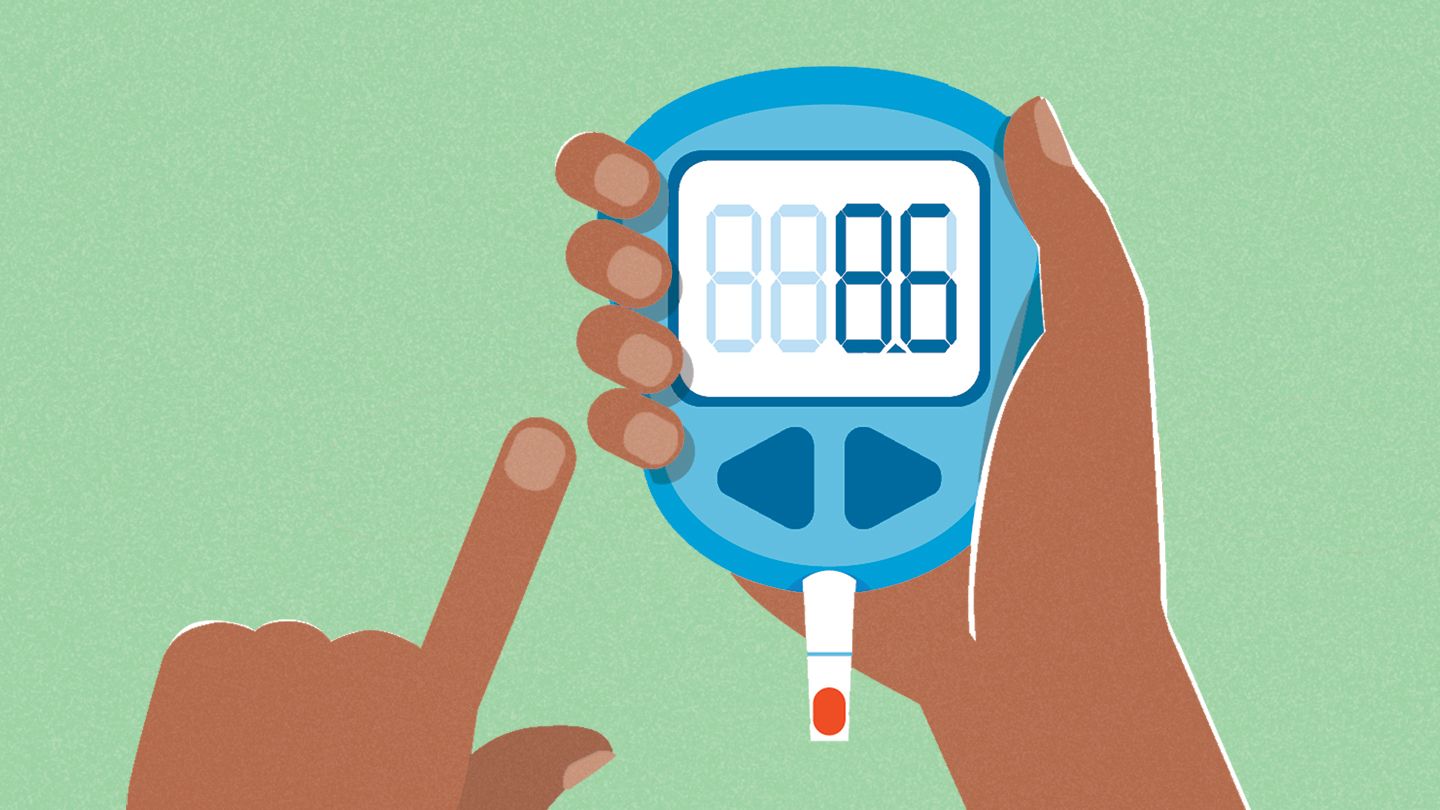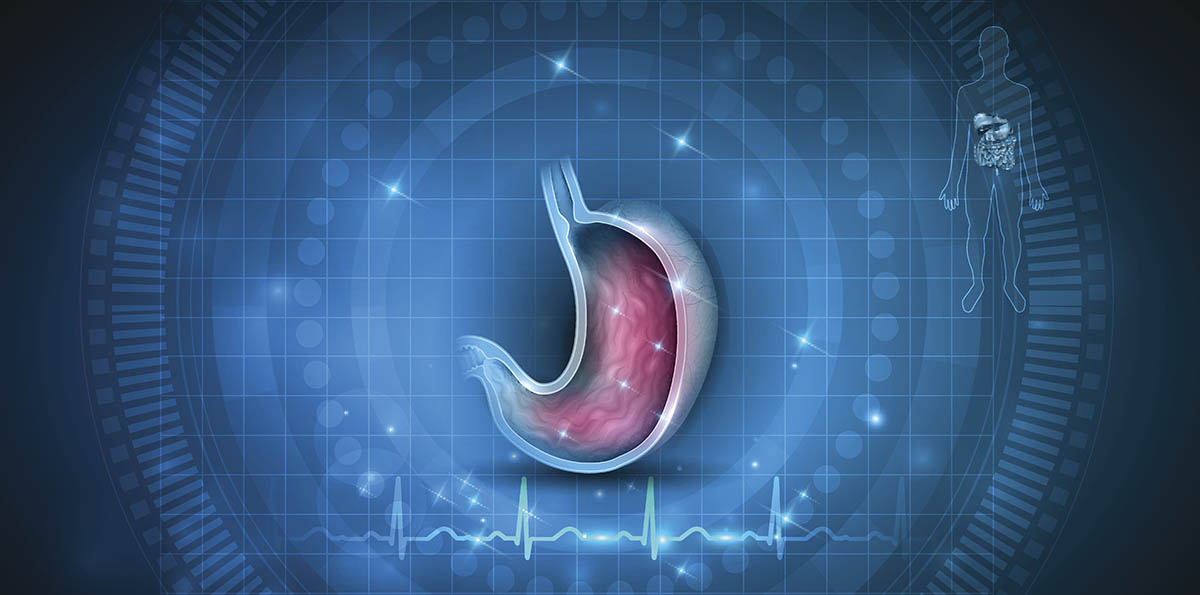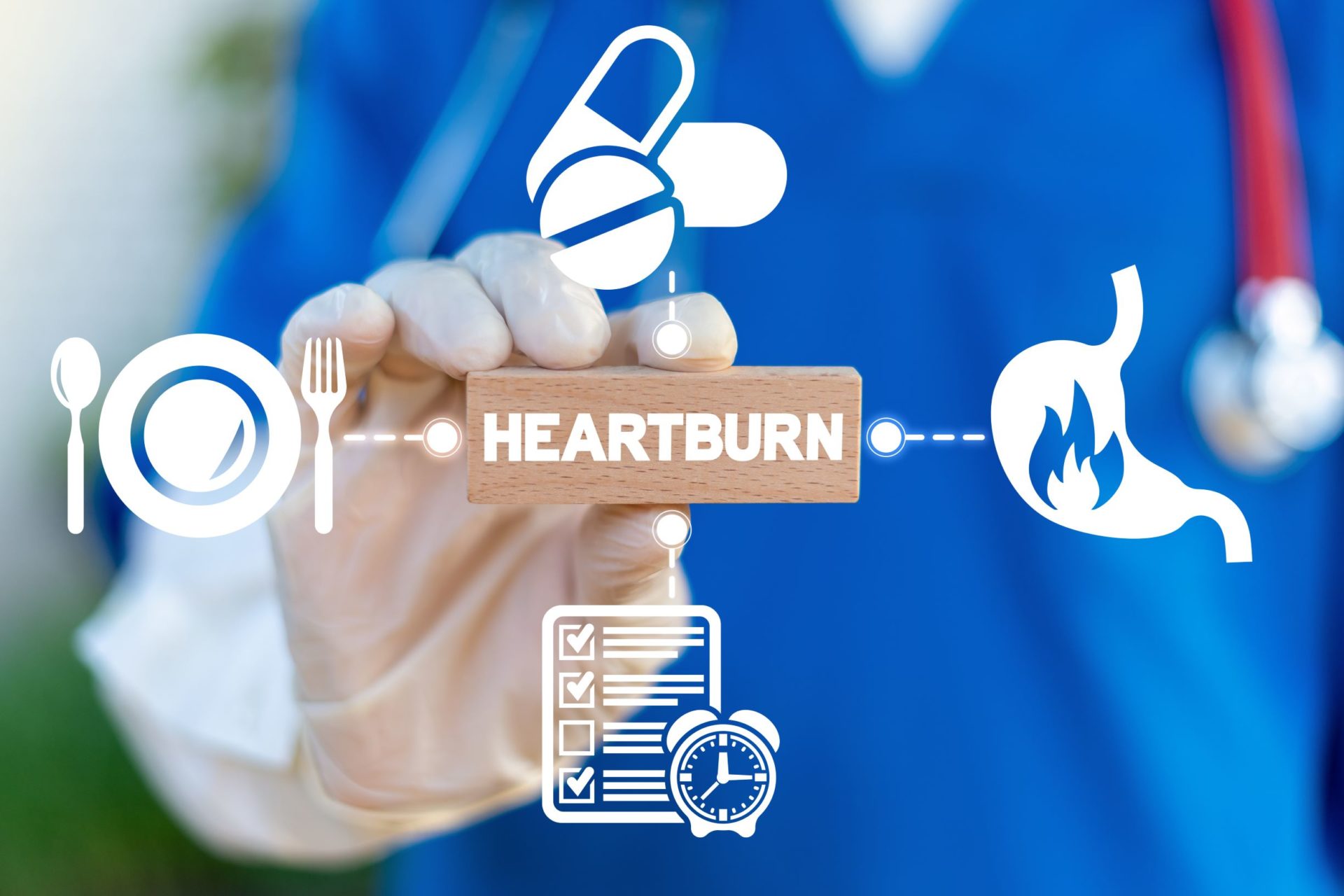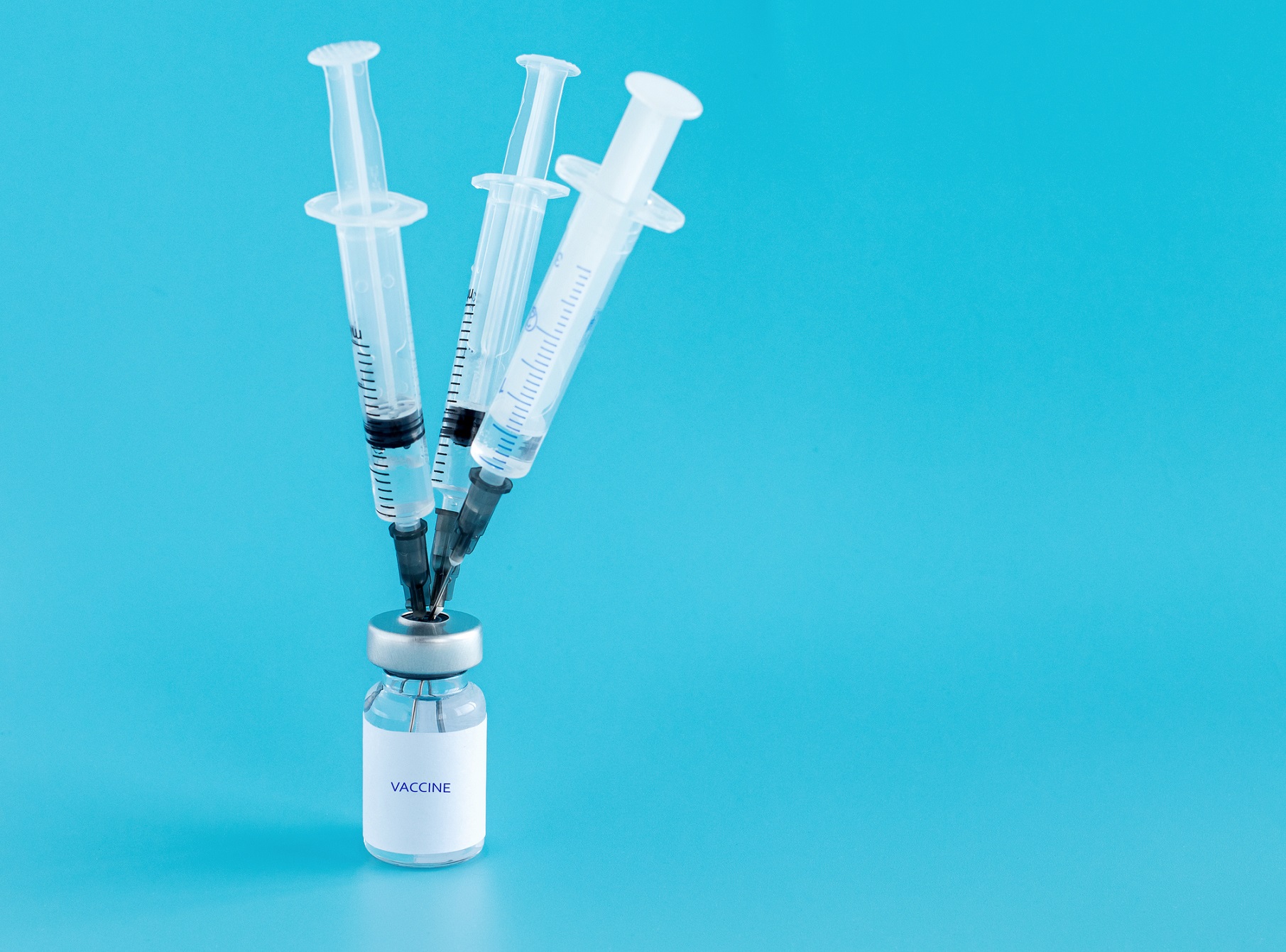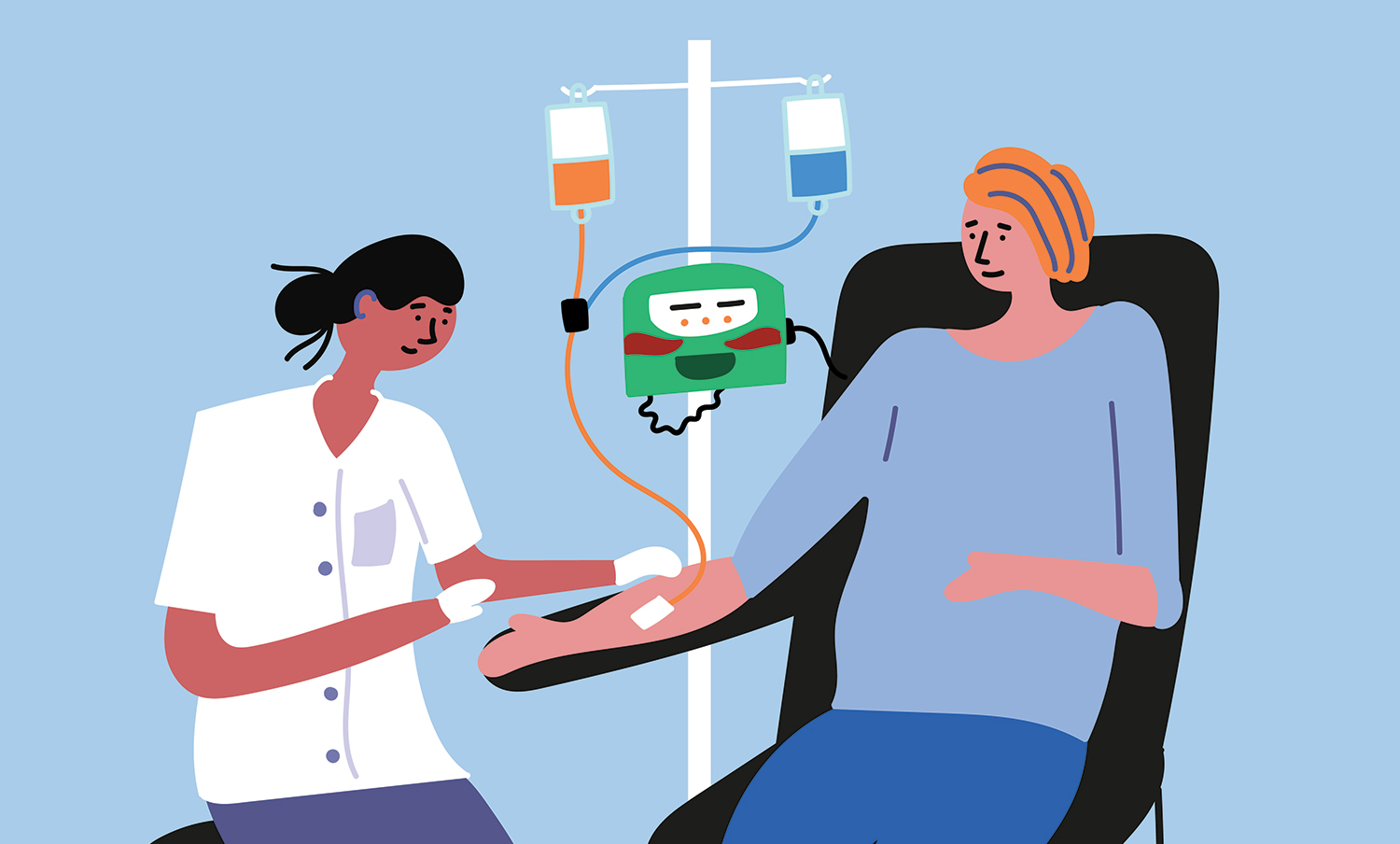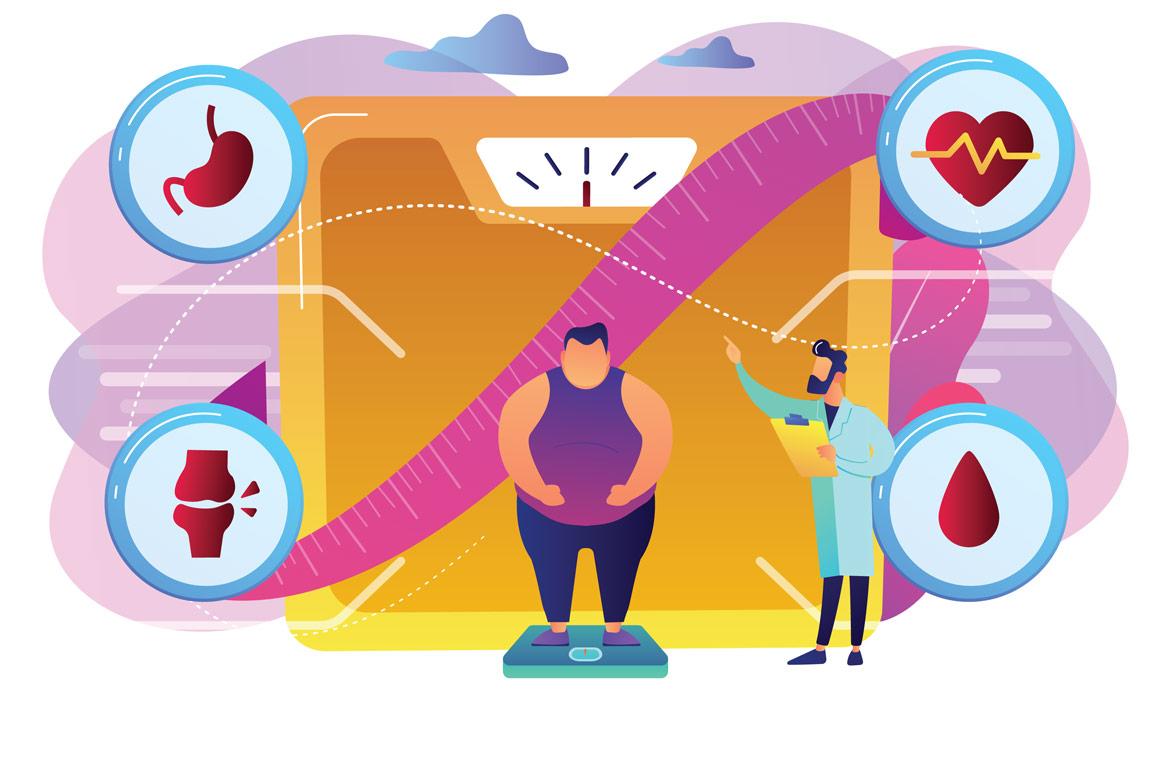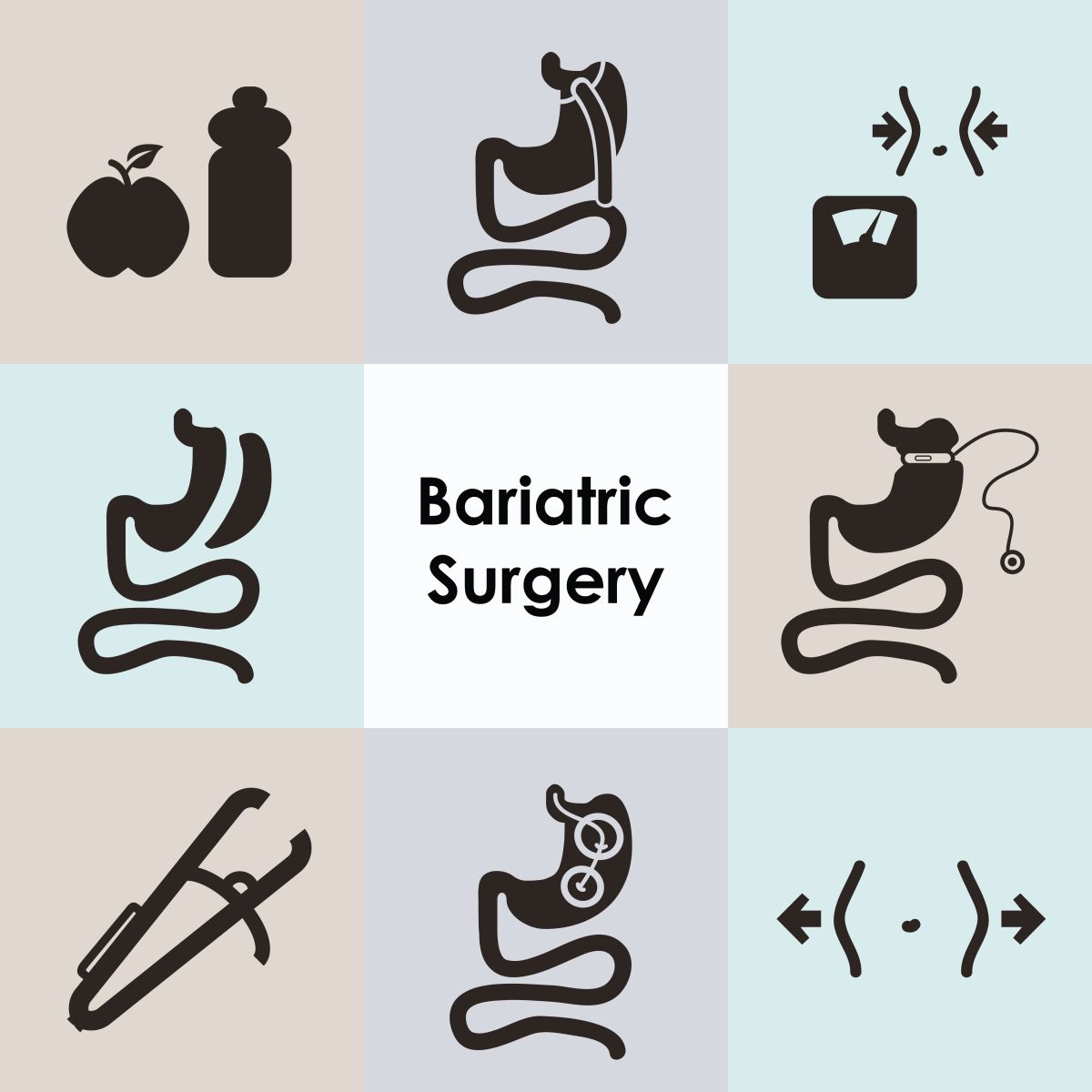Exocrine Pancreatic Insufficiency
Know about Pancreatic Insufficiency (EPI): Causes, Symptoms, Diagnosis, Complications and Treatment
EPI is a condition where people don’t have enough pancreatic (digestive) enzymes to break down foods and absorb nutrients.
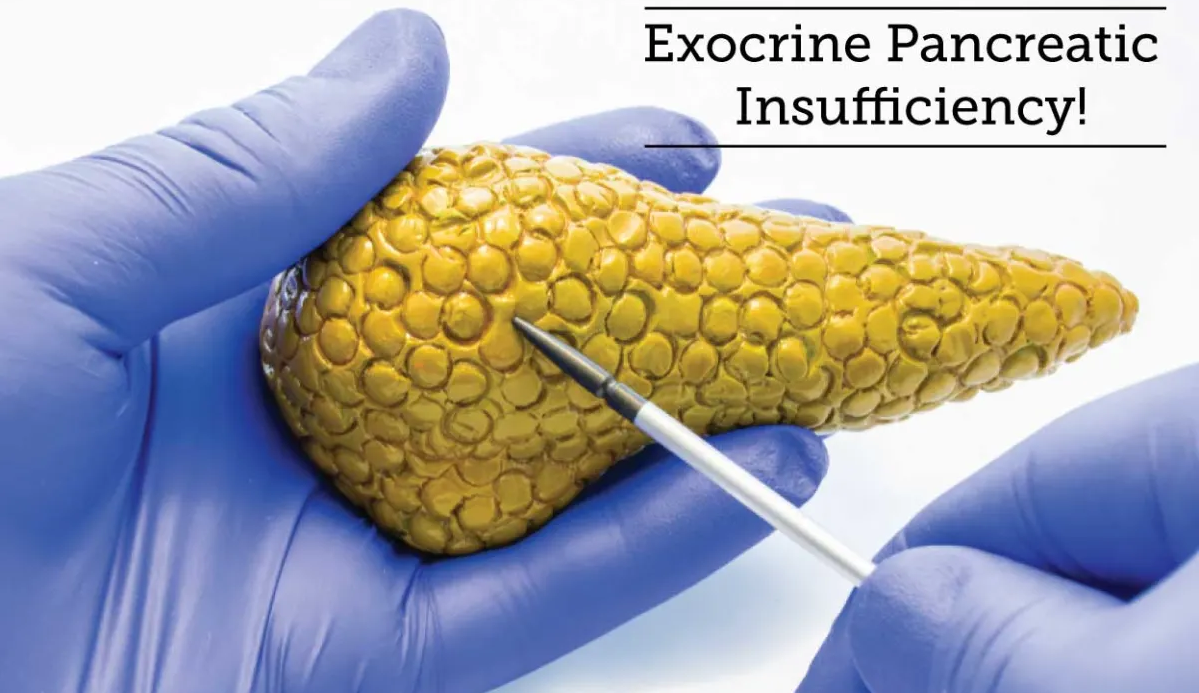
Overview
EPI occurs when your pancreas doesn’t make enough digestive enzymes. Sometimes the enzymes don’t work as they should.
Enzymes are proteins that cause chemical reactions in your body. Digestive enzymes break down food, allowing your body to get nutrients. Children with cystic fibrosis and adults with chronic pancreatitis are most likely to have EPI.
What causes Exocrine Pancreatic Insufficiency (EPI)?
The pancreas is part of your digestive system. It makes enzymes that aid digestion and help your body absorb nutrients.
When you have EPI, you don’t have enough digestive enzymes. Foods pass through your intestines in a more complete (undigested) state. As a result, your body doesn’t get the nutrients it needs from foods.
The different types of pancreatic enzymes include:
- Amylase, which breaks down carbohydrates.
- Lipase, which breaks down fats.
- Protease and elastase, which break down proteins.
What causes Exocrine Pancreatic Insufficiency (EPI) in adults?
Chronic pancreatitis https://obesitydoctor.in/disease/Pancreatitis-Acute-and-Chronic is the main cause of EPI in adults. Pancreatitis causes inflammation and swelling of the pancreas. Over time, chronic inflammation can damage the pancreatic cells that make digestive enzymes.
Other causes of EPI in adults include:
- Celiac disease
- Diabetes
- Inflammatory bowel disease (IBD)
- Pancreatic cancer
- Surgery on the digestive tract, including weight loss surgery
What causes Exocrine Pancreatic Insufficiency (EPI) in children?
Cystic fibrosis is the top cause of EPI in infants and children. Children inherit cystic fibrosis from a parent. It causes thick mucus to build up in the lungs, making breathing difficult. Mucus also collects in the pancreas, which keeps digestive enzymes from reaching the small intestine.
Another inherited condition, Shwachman-Diamond syndrome (SDS), also causes EPI in children. With SDS, the part of the pancreas that makes enzymes doesn’t work properly.
What are the symptoms of Exocrine Pancreatic Insufficiency (EPI)?
People with EPI have a particularly difficult time absorbing fats from foods. This leads to uncomfortable digestive problems, such as:
- Abdominal pain, gas and bloating
- Constipation
- Diarrhea
- Fatty stools (pale, oily, foul-smelling poop that floats).
- Unexplained weight loss or failure to thrive in infants and children.
How is Exocrine Pancreatic Insufficiency (EPI) diagnosed?
Many digestive problems cause symptoms similar to EPI. Your healthcare provider may suspect EPI if you have a condition that affects your pancreas.
You may get one or more of these pancreas function tests:
- Fecal elastase test (FE-1) to check stool for the presence of the elastase enzyme that helps digest proteins. Little (or no) elastase can indicate EPI.
- Fecal fat test to measure the amount of fat in stool. A high fat volume may be a sign of EPI.
- Secretin pancreatic function test to test how the pancreas responds to secretin, a hormone that triggers the release of digestive enzymes. For the test, you receive secretin through an intravenous (IV) line. Your provider uses endoscopic ultrasound to collect fluid and test it for enzymes.
You may also get a CT scan, abdominal ultrasound or other imaging tests. These tests can spot pancreas problems that can lead to EPI.
What are the complications of Exocrine Pancreatic Insufficiency (EPI)?
People with EPI can’t absorb enough fats, proteins and carbohydrates from foods. This problem is called malabsorption. Your body needs these nutrients for energy and to maintain organ function. Malabsorption of nutrients can lead to malnutrition.
Signs of malnutrition include:
- Dry skin, brittle nails and hair loss
- Depression
- Edema (tissue swelling)
- Fatigue or dizziness
- Feeling cold all the time
- Irritability
- Memory and concentration issues
- Muscle loss
How is Exocrine Pancreatic Insufficiency (EPI) managed or treated?
EPI is a lifelong condition. Treatments focus on getting your body the nutrients it needs to maintain good health. Treatments include:
- Pancreatic enzyme replacement therapy (PERT): This prescription medication is a substitute for the missing digestive enzymes. You take PERT with meals to help your body break down nutrients in food. Learn more about PERT here.
- High-calorie, high-fat diet: It’s important to get enough calories and fat with your meals. Fat helps your body absorb nutrients. You may benefit from working with a dietitian.
- Vitamins: You may need to take prescription vitamins to help your body maintain healthy nutrient levels. Your provider may prescribe vitamins A, D, E and K. People with EPI have a harder time absorbing these fat-soluble nutrients from food.
How can I prevent exocrine pancreatic insufficiency (EPI)?
It’s helpful to avoid smoking and alcohol use. These substances make your pancreas work harder and can contribute to pancreatitis, which can lead to EPI. Your healthcare provider can offer support to stop using these substances.
Because cystic fibrosis and SDS are inherited, you can’t prevent them or lower the risk of EPI with the conditions. Keeping a close eye on symptoms can help identify possible EPI so you can treat it right away.
What is the prognosis (outlook) for people who have exocrine pancreatic insufficiency (EPI)?
For a longer, healthier life, it’s important to manage the condition that causes EPI. Most people will always need to use PERT to manage EPI symptoms.
About half of kids with SDS start producing digestive enzymes as they get older. They may be able to stop PERT.
Reference
- https://www.mayoclinic.org/diseases-conditions/pancreatitis/symptoms-causes/syc-20360227
- https://my.clevelandclinic.org/health/diseases/21577-exocrine-pancreatic-insufficiency-epi
- https://www.ncbi.nlm.nih.gov/pmc/articles/PMC3831207/
- https://news.mayocliniclabs.com/gastroenterology/malabsorption/exocrine-pancreatic-insufficiency/

